Brown recluse or hobo spider? Southern Ontario r/whatsthisbug
These spiders, especially the full-grown females, are the largest (native) spider species in Canada They are commonly known as nursery-web spiders, as females build a silken, tent-like 'nursery' for their spiderlings They eat land-dwelling and aquatic insects and catch small minnows They live at the margins of lakes, ponds, swamps and rivers
Beautiful dock spider (Ontario Canada) arachnids
Spiders in Canada Spiders found in Canada include 102 unique species from confirmed sightings by contributing members of Spider ID. It is important to remember that spiders seen in Canada are not bound by the territorial lines decided on by humans, therefore their distribution is subject to change.

Spider an Indoor and Outdoor Pest Pest Control of Bed Bugs, Fleas
Learn to identify brown spiders such as the brown recluse and wolf spider, read the Infinite Spider blog to learn more.. 2 large facing forward, 4 smaller on third row. 8 eyes in 3 rows, bottom row of eyes spaced wider than top rows. 8-all the same size in two rows: 6-one middle pair and two side pairs, all the same size:

Spider Photo Gallery Ojibway Nature Centre Windsor, Ontario
Spiders differ from insects in having eight rather than six legs, simple rather than compound eyes, two main body parts (abdomen and cephalothorax - a fused head and thorax) instead of three, no antennae and, of course, no wings. In Ontario, the best time for observing spiders is from late spring to early fall.
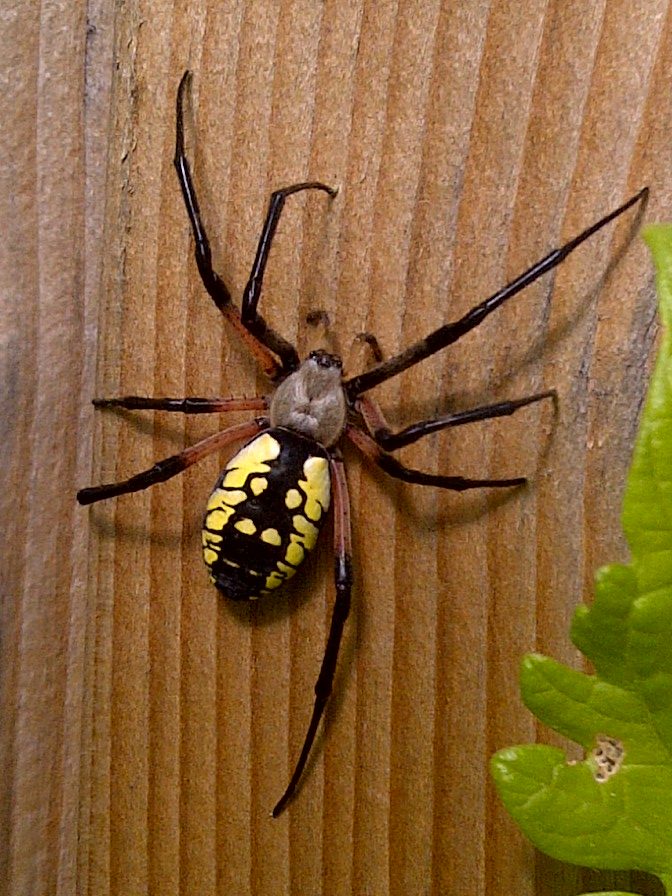
Huge spider Toronto Canada Walter Reeves The Gardener
You can identify a brown spider by looking at its body shape, coloration, patterns, size of legs, and if it is smooth or hairy. In addition, spiders have identifiable two body parts, fused head and thorax (cephalothorax) and abdomen. Another identification feature is that spiders have eight legs, not six.

Huge Dock Spider I caught Summer 2012 in Bears Pass, Ontario
Spiders are most active in Ontario from late spring to early fall. Not only are they more visible, but their presence is often felt through the nearly invisible webs they spin. There aren't too many dangerous spiders in Ontario, the most deadly being the western black widow, feared for its potent venom.

This Is The Biggest Spider That Actually Exists In Canada MTL Blog
References. The Ottawa Valley on the border of Ontario and Quebec in Canada includes many spiders. among them the fiddleback spider (also called the brown recluse spider), the wolf spider, the house spider and the black widow spider. There are few poisonous spiders in Canada, including in Ontario and Quebec.
Brown Recluse Spider Identify
The two most common household spiders in Ontario are the Black-footed Spider, Cheiracanthium mildei, a species introduced from southern Europe and the House Spider, Achaearanea tepidariorum, which is responsible for most cobwebs found in buildings.
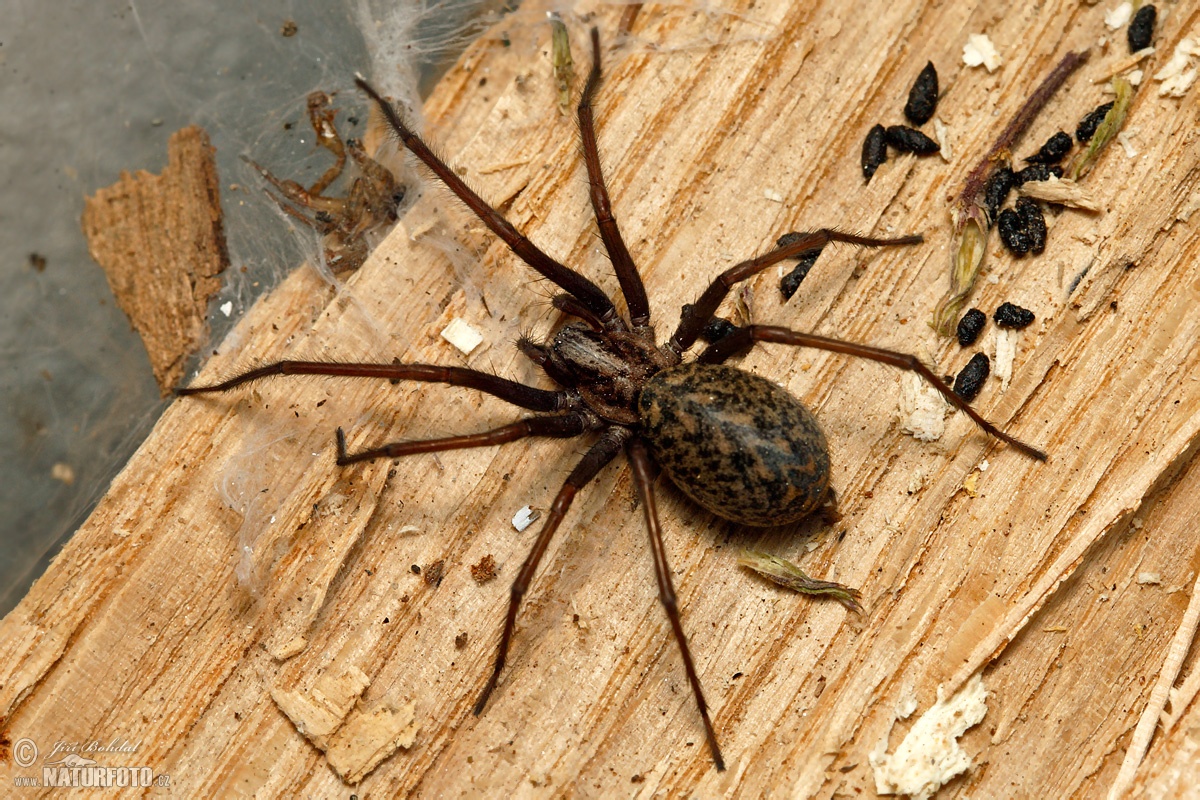
Large House Spider Photos, Large House Spider Images, Nature Wildlife
Project Journal Overview -- observations -- species -- Identifiers -- Observers Stats To document the spider species (order Araneae) of Ontario, Canada.

Brown Furry Spider Pardosa xerampelina
23 Spiders in Ontario: #1. Wolf spiders Lycosidae Wolf spiders are one of the most recognizable spiders in Ontario! They are found everywhere and in almost any habitat. I know that I see them often when flipping over rocks or logs.

Brown Recluse Spider Control Environmental Pest Control
In Ontario, the best time for observing spiders is from late spring to early fall. Early morning dew or frost reveals webs that are nearly invisible at other times. Some adult spiders do not live past the fall season, while others overwinter under bark, in leaf litter or in other shelters. Yet some spiders can be observed year-round.

I found Canada’s largest spider… in my garage! Endless Forms Most
Spiders in Ontario Spiders found in Ontario include 41 unique species from confirmed sightings by contributing members of Spider ID. It is important to remember that spiders seen in Ontario are not bound by the territorial lines decided on by humans, therefore their distribution is subject to change.

Dolomedes tenebrosus (Dark Fishing Spider) in Brockville, Ontario Canada
While reports of apparent bites by brown recluse spiders have been made, whether or not a population exists is yet to be verified. Spiders act as excellent pest control, keeping the insect population down. Most Common Spiders: Sand Bear Wolf Spider, Long-bodied Cellar Spider Biggest Spider: Striped Fishing Spider
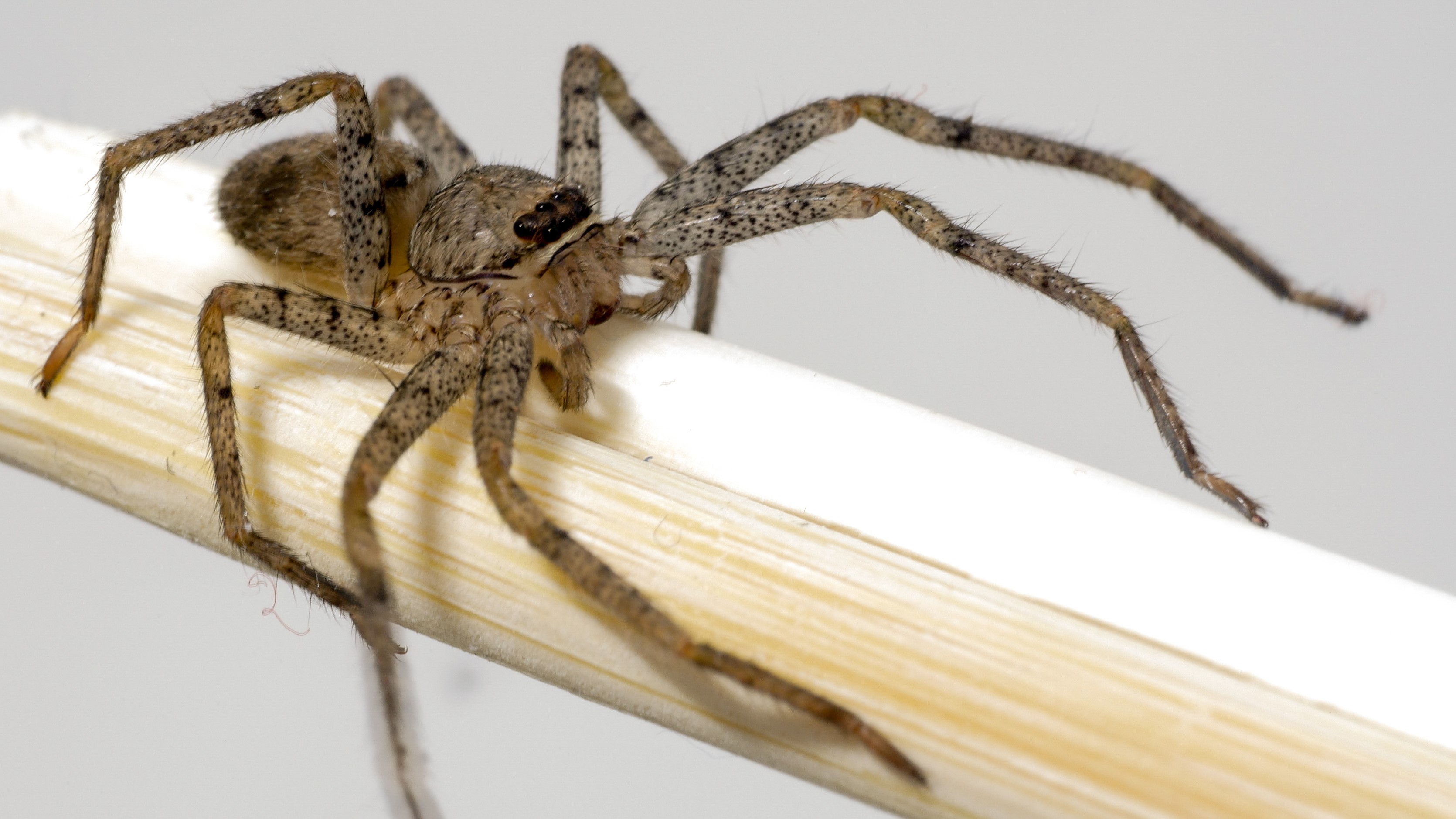
Venomous Brown Recluse Spider Crawls into Woman's Ear Live Science
: Spider bites are responsible for the vast majority of bites a person receives. Fact: Spiders are not aggressive by nature and will only bite when defending themselves; for example, if you pick one up and try to crush it. Myth: The Brown recluse, Loxosceles reclusa, lives in Ontario. Fact
Macro Shot Spider just hanging around... Taken Ontario, Canada r/spiders
5. Marbled Orb-Weaver. The marbled orb weaver ( Araneus marmoreus) holds a notable place among Canada's arachnid inhabitants as one of the larger spider species. Classified under the Araneidae family, this spider exhibits distinctive traits that make it stand out in the world of spiders.
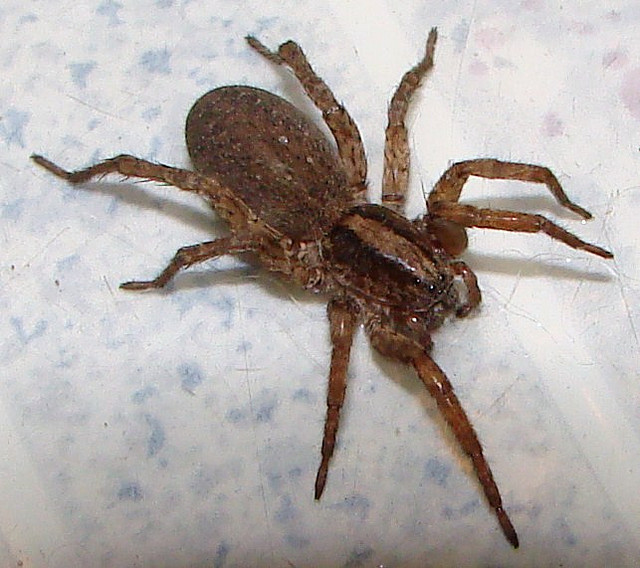
big brown spider Biological Science Picture Directory
Noah Cole is Ontario Nature's communications technician and a regular contributor to Ontario Nature's blog and ON Nature magazine. Noah is an accomplished naturalist with a passion for protecting the great outdoors and a nature photographer. Noah is the author of Ontario Wildlife Photography (canadianimages.net).